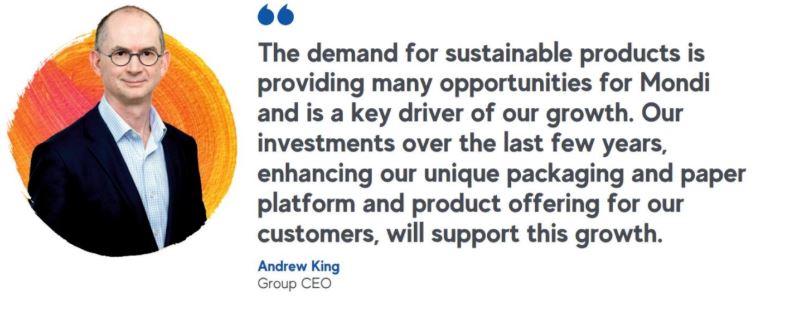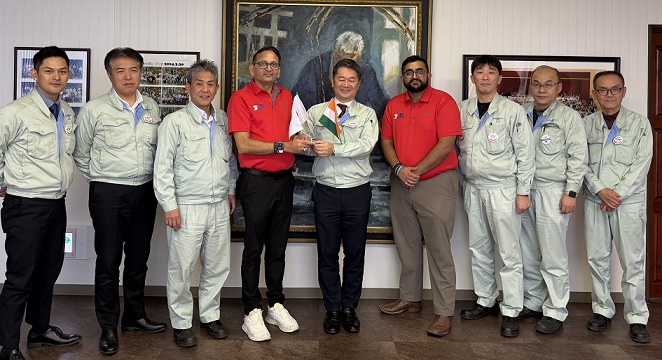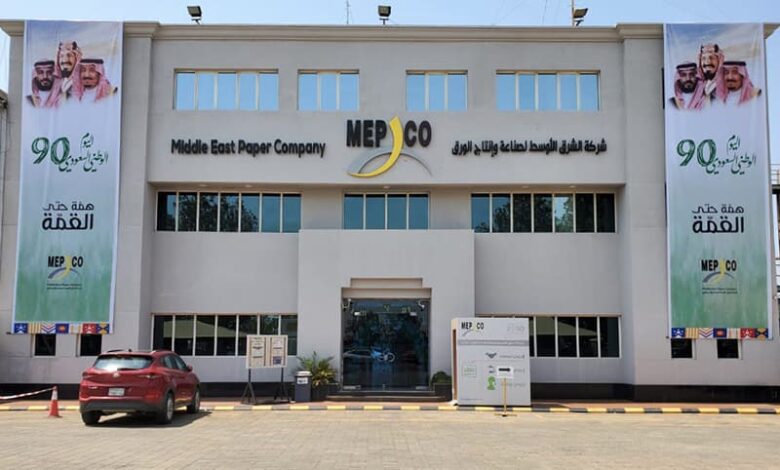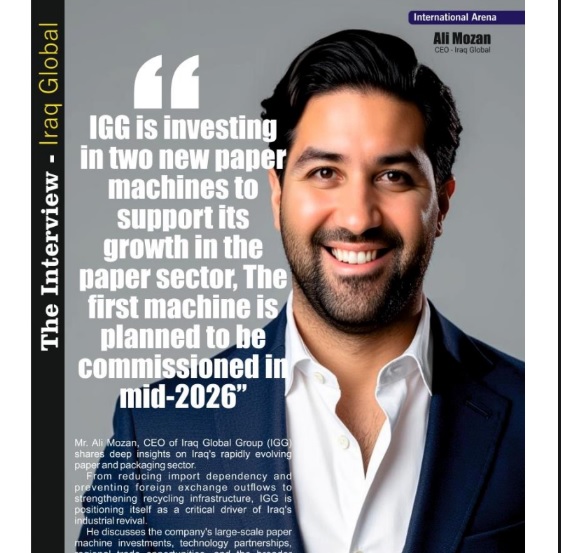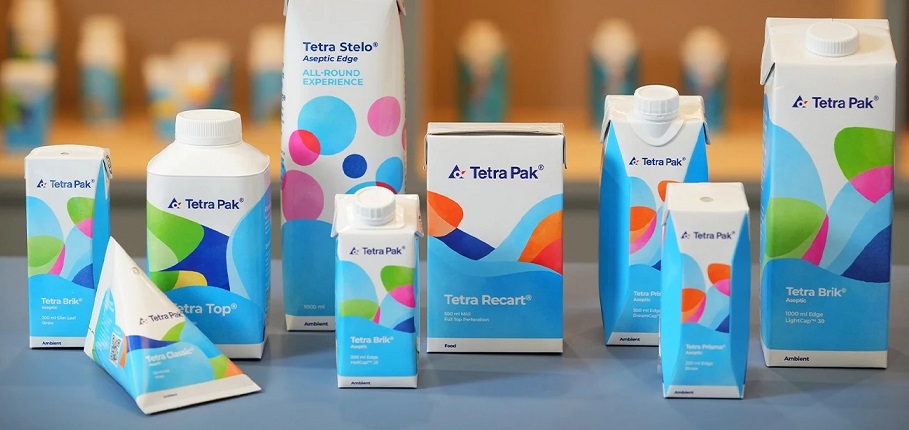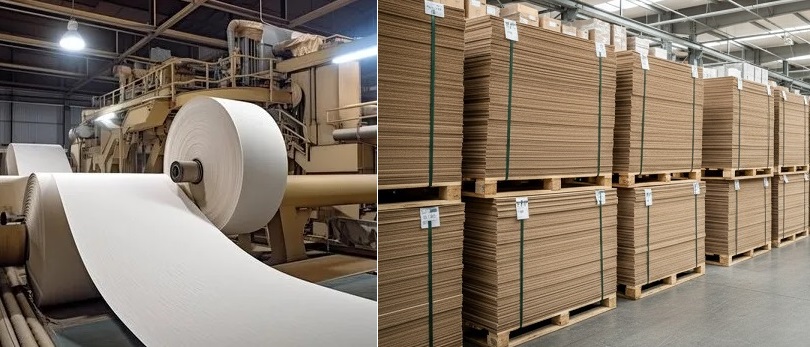Increasing private label market share in the tissue category could reduce net sales of Kimberly-Clark’s higher-margin products
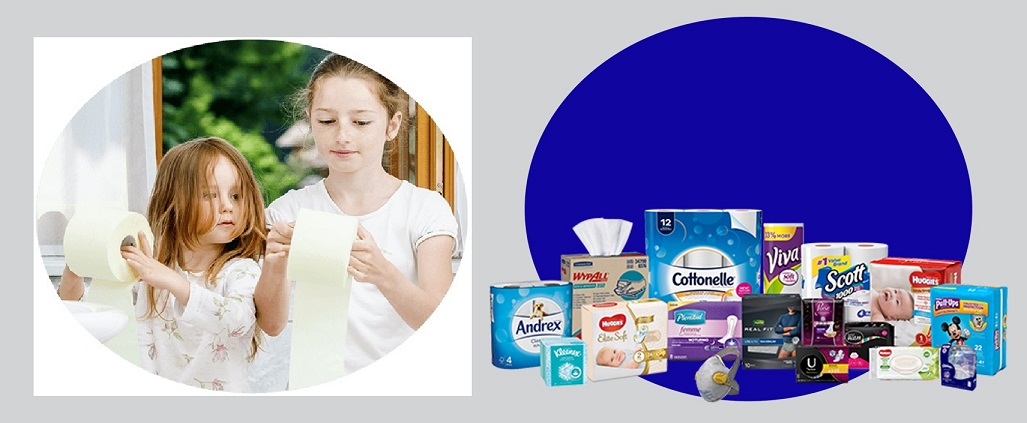
Increasing private label market share in the tissue category could reduce net sales of Kimberly-Clark’s higher-margin products
- Setting a new ambition to be Natural Forest-Free across the product portfolio beyond 2030
The Pulp and Paper Times
Kimberly-Clark Corporation (K-C) was founded in 1872 and incorporated in Delaware in 1928. K-C is a global company focused on delivering products and solutions that provide better care for a better world through product innovation and building personal care, consumer tissue and K-C Professional brands. Kimberly-Clark is principally engaged in the manufacturing and marketing of a wide range of products made from natural or synthetic fibers and materials using advanced technologies in fibers, nonwovens and absorbency. K-C portfolio of brands, including Huggies, Kleenex, Scott, Kotex, Cottonelle, Poise, Depend, Andrex, Pull-Ups, GoodNites, Intimus, Plenitud, Sweety, Softex, Viva and WypAll, hold No. 1 or No. 2 share positions in approximately 70 countries.
“In 2020, Kimberly-Clark set ambitious goals for 2030 to continue advancing our sustainability agenda in alignment with our global business strategy and objectives. This effort is well aligned to our purpose of Better Care for a Better World, which brings together our heritage of innovation and our commitment to care, and enables us to focus on providing greater access to life’s daily essential products against today’s social and environmental challenges,” stated by Mr. Mike Hsu Chairman and CEO- Kimberly-Clark Corporation in the Annual report for FY 23.
Mr Mike further stated, In 2024, we plan to continue to execute our strategies for long-term success which include delivering balanced, sustainable growth by growing our brands in-line with or ahead of category growth, leveraging our cost and financial discipline to fund growth and improve margins, and allocating capital in value creating ways. Our growth strategy is built on two pillars. Elevate our core business is our first pillar and is driven by delivering value-added innovations and driving category opportunities. Expanding our markets is our second pillar and emphasizes Personal Care. Both strategies are enabled by our focus on accelerating and investing in our commercial capabilities through digital marketing, revenue growth management, consumer-inspired innovation and strong in-market execution
The report stated that, the pandemic significantly disrupted supply chains across the globe, primarily due to the very significant fluctuations in demand and related transportation and labor supply issues. Resulting supply shortages led to record levels of inflation in commodities and other costs. During 2023, inflation slowed, but costs remain elevated across many categories of our raw materials, labor, energy and other input costs, as well as transportation costs, and we expect that these elevated levels could persist in 2024, although at a decreasing rate of inflation compared to the prior fiscal year.
“Our products are sold in a highly competitive global marketplace. Our competitors include global, regional and local manufacturers, including private label manufacturers which offer products that are typically sold at lower prices. In particular, private label market share has been increasing in the tissue category. Increased purchases of private label products could reduce net sales of our higher-margin products which would negatively impact our profitability. While the global marketplace in which we operate has always been highly competitive, we continue to experience increased concentration and the growing presence of large-format retailers, discounters and e-tailers. This market environment has resulted in increased pressure on pricing and other competitive factors, and we expect these pressures to continue in the coming year,” the annual report informed.
STRATEGIC FOCUS: PACKAGING
In 2023, 90% of Kimberly-Clark packaging was designed to fit into technical or biological circularity systems. It continued to encourage key suppliers to replace virgin fossil fuel-based plastic with more recycled content and made further efforts to incorporate circular solutions for packaging to reach our 2025 goals.
Overview of 2023 Results:
• Net sales of $20.4 billion increased 1 percent. Organic sales increased 5 percent, while changes in foreign currency exchange rates decreased sales by 3 percent and exited business decreased sales by 1 percent.
• In North America, organic sales increased 4 percent in consumer products and increased 8 percent in K-C Professional.
• Outside North America, organic sales increased 5 percent in D&E Markets and increased 4 percent in Developed Markets.
• Operating Profit and Net Income Attributable to Kimberly-Clark were $2,344 and $1,764 in 2023, respectively
Second Quarter 2024 Results
Second quarter sales of $5.0 billion were 2 percent lower than the prior-year period, including negative impacts of approximately 5 percent from foreign currency translation and approximately 1 percent from the divestiture of the Tissue and K-C Professional business in Brazil in June 2023. Organic sales increased 4 percent, driven by a 2 percent increase in price and a 2 percent increase through a combination of volume and mix. Price-led gains reflected necessary pricing actions to address higher local costs in hyperinflationary economies, mainly in Argentina. Volume and mix were positive across North America, Developing and Emerging (D&E) markets, as well as Developed Markets (representing Australia, South Korea and Western/Central Europe).
In North America, organic sales increased 1 percent versus the prior year, driven by 5 percent growth in Personal Care, partially offset by a decline of 4 percent in K-C Professional and 2 percent in Consumer Tissue.
In D&E markets, organic sales rose 12 percent reflecting both pricing gains as well as volume and mix gains. Organic sales for Developed Markets were 3 percent lower, driven by lower pricing that primarily reflected comparisons with temporary, energy surcharge-related price increases in Western Europe in the prior-year period.
Second quarter operating profit was $655 million, including $190 million of costs related to the company's 2024 Transformation Initiative. Adjusted operating profit increased by 16 percent despite an unfavorable impact of 7 percentage points from currency translation that was primarily driven by hyperinflationary economies. Excluding currency impacts, growth in adjusted operating profit was driven by a combination of organic growth, gross productivity gains that were partially offset by input cost inflation, primarily in D&E markets, supply chain related investments, and planned increases in marketing, research and general expenses.
The report stated that, Cellulose fiber, in the form of kraft pulp or recycled fiber from recovered waste paper, is used extensively in our tissue products and is subject to significant price fluctuations. Cellulose fiber, in the form of fluff pulp, is a key component in our personal care products. In past years, pulp prices have experienced significant volatility. Increases in pulp prices or limits in the availability of recycled fiber could adversely affect our earnings if selling prices for our finished products are not adjusted or if these adjustments significantly trail the increases in pulp prices. We utilize a variety of pricing structures and revenue growth management strategies to manage these risks but have not used derivative instruments.
Mr. Mike Hsu stated, “We regularly review our strategy and ambitions and evaluate whether they are proportionate to the challenges that lie ahead. I am proud to share that, with the recent launch of our “Powering Care” strategy and critical transformation of our organization, sustainability will remain core to our business. Already, based on our progress and plans to accelerate our alternative fibers strategies, we are setting a new ambition to be Natural Forest Free across our product portfolio beyond 2030. Doing so is expected to greatly reduce our nature footprint, because forests play a critical role in protecting biodiversity helping to mitigate climate change. We expect to be more than halfway to this goal by 2030,”
Web Title: Increasing private label market share in the tissue category could reduce net sales of Kimberly-Clark’s higher-margin products




 Join WhatsApp Group
Join WhatsApp Group Join Telegram Channel
Join Telegram Channel Join YouTube Channel
Join YouTube Channel Join Job Channel (View | Submit Jobs)
Join Job Channel (View | Submit Jobs) Join Buy Sell Channel (Free to Submit)
Join Buy Sell Channel (Free to Submit) Paper News Headlines Channel (Free to read)
Paper News Headlines Channel (Free to read)






